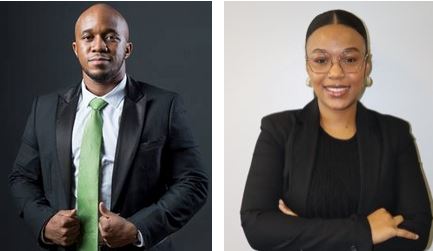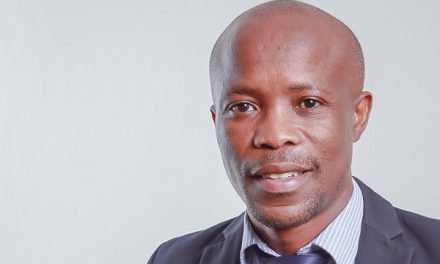
Offbeat – 16 May 2014
 Unfortunately we are still stuck with the widespread understanding and acceptance that photos are truths, even though we know that selfies look different to what is plainly visible in the mirror.
Unfortunately we are still stuck with the widespread understanding and acceptance that photos are truths, even though we know that selfies look different to what is plainly visible in the mirror.
I look in the mirror most mornings and see something not bad looking, a bit rugged and in need of a haircut, but the operative term is ‘not bad looking’. I look in the camera, on my rather fancy mobile phone, and I see something that looks a bit like Schrek, with fat cheeks and a rather goofy look. My face is fatter and I hate the way my nose is a bulb. The camera has a way of being an infamous liar.
There is this idea that the camera does not lie. Even that is an untruth. If I take a selfie in the mirror I look the same way on the camera the way I look in the mirror. That is not much of a fantasy. Look around on the web and you will see a vast number of selfies taken in front of mirrors. Other people have the same awareness of things that I do.
I asked a friend who uses photography professionally, why the selfie is so unflattering? He told me it was an optical thing, to do with the bulge on the lens. The further away from the camera you are, the smaller the impact of the lens. Store that in memory. You may be able to help someone recover a lost ego, and possibly abandon plans for extensive cosmetic surgery. I am sure that thought has been through tens of millions of minds.
The power of the camera to alter thought, and the fortunes of plastic surgeons, is startling. It has become so pervasive now that it has to be ranked as one of the inventions that has significantly altered civilisation. It should be ranked with phenomena like the invention of fire or movable type. Civilisation is made of the transmission of ideas from head to head. If not for the spread of ideas, great concepts would be born, live and die in isolation. Imagine what would have happened if someone had discovered that fire could be carried on a burning branch, but had not shared that idea. If it had stopped right there, things like the heated dwelling, safety from predators and cooked food would not have existed, and we would still be some form of simian far removed from what we are today.
The camera, the photograph, has to be a very important part of the spread of ideas.
Purists might argue that it is the picture, not just the photo, that is important. The counter to that is that it is just not feasible to whip out an easel, a canvass and a bunch of pigments at the scene of an interesting accident, when a dictator falls, or when someone dresses in a way that just has to be shared with the entire world on Facebook and Twitter.
The unspoken question about the photograph is the nature of the lie. The image can be edited or altered in ways that may or may not be positive.
The distorted selfie is a standard example of this. What about the lie by omission, the photo that shows the positive view, but omits or crops away an unpleasant reality? What about the presence of Photoshop that amends the appearance of a plain person into something that resembles a Barbie doll? And what about the superficiality of an image that shows only the one moment in time, but cannot explain the events that led to that moment, or what happened after?
Words can fill in, but words can lie just as well as images do.
The photograph holds a threat because it is so pervasive. Billions of people look at photos every day, and accept them as truths. Those billions may be persuaded to form opinions based on untruths. Fortunately awareness of what Photoshop does is also becoming a common feature of visual discrimination, so that element is beginning to lose its power.
Unfortunately we are still stuck with the widespread understanding and acceptance that photos are truths, even though we know that selfies look different to what is plainly visible in the mirror. And there will still be people who will believe that a bad composite of King Kong riding the Loch Ness Monster is something that could be real.
Perhaps a picture is worth a thousand words, if those words are accurate explanations of everything around that one simple moment. Unfortunately people do not read much, and words can also lie.












































